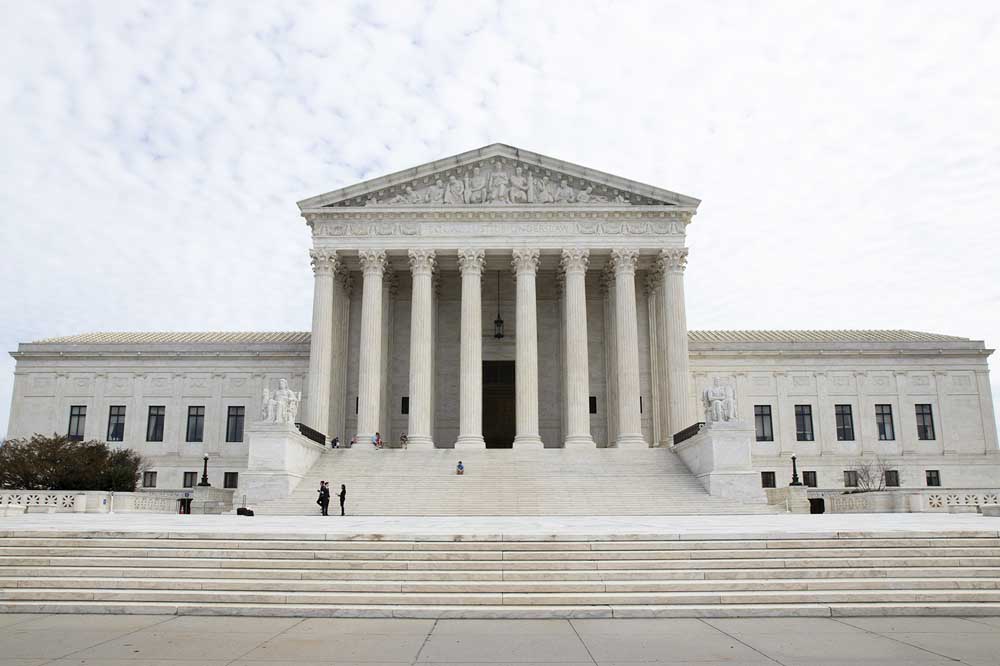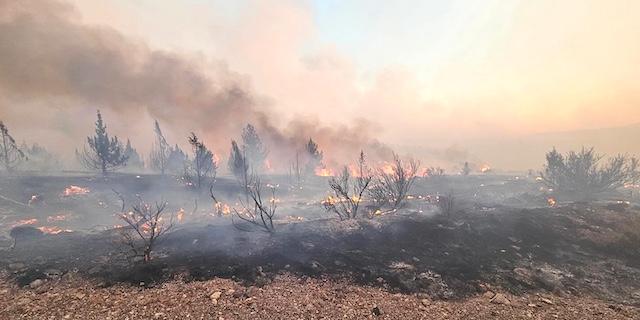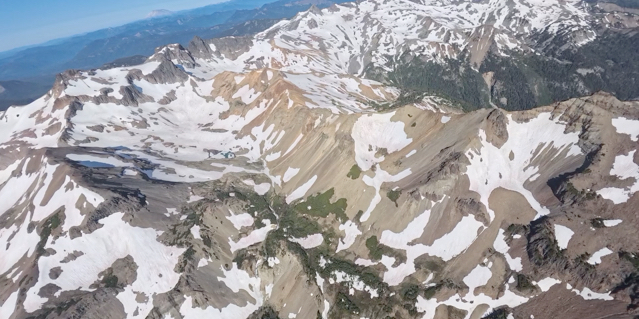DOJ: Utah’s federal lands lawsuit lacks merit
Published 3:59 pm Monday, December 2, 2024

- U.S. Supreme Court.
The U.S. Department of Justice is asking the U.S. Supreme Court to deny Utah’s request to challenge the federal government’s control over 18.5 million acres of unappropriated land administered by the Bureau of Land Management.
Trending
The department argues the challenge — which Utah filed in August — lacks merit and faces significant jurisdictional and procedural barriers, including bypassing lower courts.
Utah claims the U.S. lacks the constitutional power to retain unappropriated lands in perpetuity over the state’s objection. It also seeks an injunction requiring the U.S. to begin disposing of that land within the state.
DOJ points out BLM operates under the Federal Land Policy and Management Act of 1976 that states public lands will be retained in federal ownership unless — as a result of the land use planning procedure — it is determined disposal of a particular parcel will serve the national interest.
Trending
Exclusive right
In addition, the Property Clause of the Constitution grants Congress the exclusive right to control and dispose of public land. But a court cannot order Congress to enact legislation disposing of federal land.
Utah also claims Article I of the Constitution limits the federal government’s power to hold land, granting it exclusive control over only the District of Columbia and other federal “enclaves” such as military bases and national parks purchased with state approval and authorizing additional property ownership to the extent necessary for the exercise of an enumerated power.
But Utah does not explain how a formal reservation for a designated purpose would make a legal difference, DOJ stated.
“If Congress may hold land that it is not using to carry out a specific Article I power — and text, precedent and history all establish it may — then it may hold land regardless of whether it formally labels the tract as a national park, national forest, national monument or the like,” DOJ stated in its response.
Sovereign immunity
The DOJ also points out that while state consent is required for federal enclaves — such as federal courthouses, military bases and national parks — it is not required to acquire or retain federal lands.
It also said the U.S. cannot be sued without its consent unless Congress waives sovereign immunity in the case, which it hasn’t.
Utah also has no standing in the case because it raises no claim it owns the 18.5 million acres and instead agrees the U.S. owns that land.
In addition, the lawsuit is untimely under the statute of limitations for civil actions against the U.S., which is six years.
Utah brought the lawsuit 176 years after the U.S. acquired the lands at issue through the 1848 Treaty of Guadalupe Hildago with Mexico, 128 years after Utah joined the Union and 48 years after Congress adopted the statutory provisions that Utah is challenging, DOJ stated.







